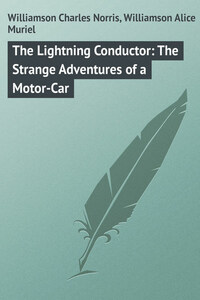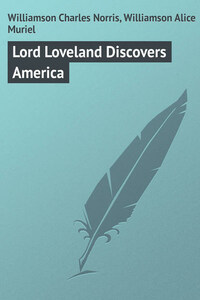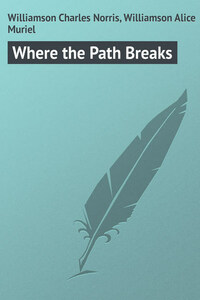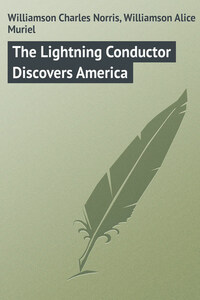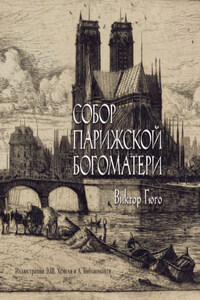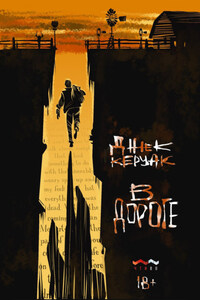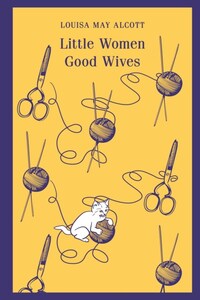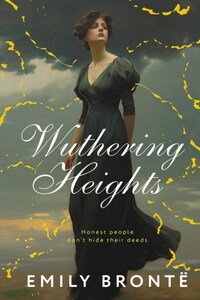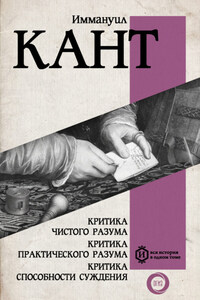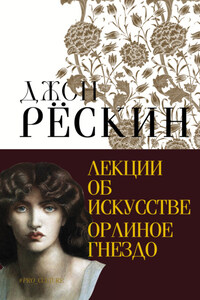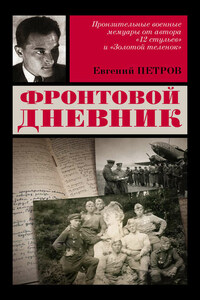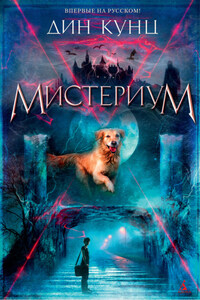"I wonder who will tell her," I heard somebody say, just outside the arbour.
The somebody was a woman; and the somebody else who answered was a man. "Glad it won't be me!" he replied, ungrammatically.
I didn't know who these somebodies were, and I didn't much care. For the first instant the one thing I did care about was, that they should remain outside my arbour, instead of finding their way in. Then, the next words waked my interest. They sounded mysterious, and I loved mysteries —then.
"It's an awful thing to happen – a double blow, in the same moment!" exclaimed the woman.
They had come to a standstill, close to the arbour; but there was hope that they mightn't discover it, because it wasn't an ordinary arbour. It was really a deep, sweet-scented hollow scooped out of an immense arbor vitæ tree, camouflaged to look like its sister trees in a group beside the path. The hollow contained an old marble seat, on which I was sitting, but the low entrance could only be reached by one who knew of its existence, passing between those other trees.
I felt suddenly rather curious about the person struck by a "double blow," for a "fellow feeling makes one wondrous kind"; and at that moment I was a sort of modern, female Damocles myself. In fact, I had got the Marchese d'Ardini to bring me away from the ball-room to hide in this secret arbour of his old Roman garden, because my mood was out of tune for dancing. I hadn't wished to come to the ball, but Grandmother had insisted. Now I had made an excuse of wanting an ice, to get rid of my dear old friend the Marchese for a few minutes.
"She couldn't have cared about the poor chap," said the man in a hard voice, with a slight American accent, "or she wouldn't be here to-night."
My heart missed a beat.
"They say," explained the woman, "that her grandmother practically forced her to marry the prince, and arranged it at a time when he'd have to go back to the Front an hour after the wedding, so they shouldn't be really married, if anything happened to him. I don't know whether that's true or not!"
But I knew! I knew that it was true, because they were talking about me. In an instant – before I'd decided whether to rush out or sit still – I knew something more.
"You ought to be well informed, though," the woman's voice continued. "You're a distant cousin, aren't you?"
"'Distant' is the word! About forty-fourth cousin, four times removed," the man laughed with frank bitterness. (No wonder, as he'd unsuccessfully claimed the right to our family estate, to hitch on to his silly old, dug-up title!) Not only did I know, now, of whom they were talking, but I knew one of those who talked: a red-headed giant of a man I'd seen to-night for the first time, though he had annoyed Grandmother and me from a distance, for years. In fact, we'd left home and taken up the Red Cross industry in Rome, because of him. Indirectly it was his fault that I was married, since, if it hadn't been for him, I shouldn't have come to Italy or met Prince di Miramare. I did not stop, however, to think of all this. It just flashed through my subconscious mind, while I asked myself, "What has happened to Paolo? Has he been killed, or only wounded? And what do the brutes mean by a 'double blow'?"
I had no longer the impulse to rush out. I waited, with hushed breath. I didn't care whether it were nice or not to eavesdrop. All I thought of was my intense desire to hear what those two would say next.
"Like grandmother, like grand-daughter, I suppose," went on the ex-cowboy baronet, James Courtenaye. "A hard-hearted lot my only surviving female relatives seem to be! Her husband at the Front, liable to die at any minute; her grandmother dying at home, and our fair young Princess dances gaily to celebrate a small Italian victory!"
"You forget what's happened to-night, Sir Jim, when you speak of your 'surviving' female relatives," said the woman.
"By George, yes! I've got but one left now. And I expect, from what I hear, I shall be called upon to support her!"
Then Grandmother was dead! – wonderful, indomitable Grandmother, who, only three hours ago, had said, "You must go to this dance, Elizabeth. I wish it!" Grandmother, whose last words had been, "You are worthy to be what I've made you: a Princess. You are exactly what I was at your age."

